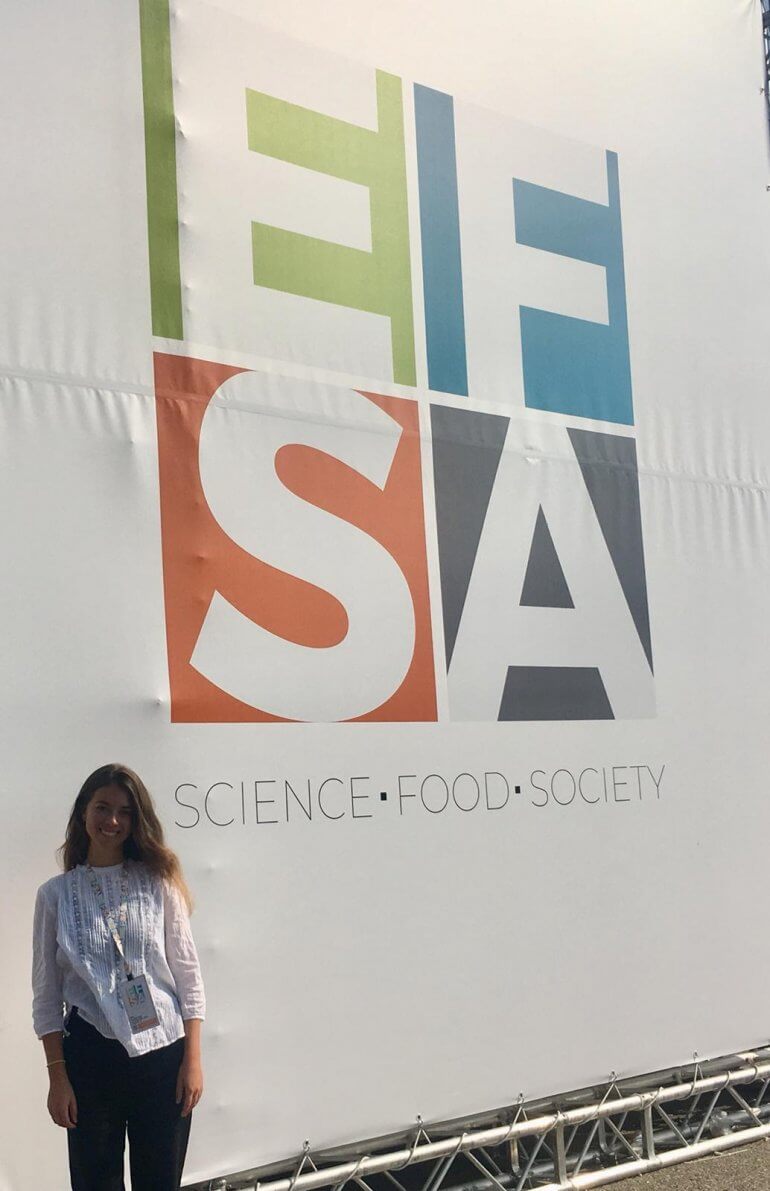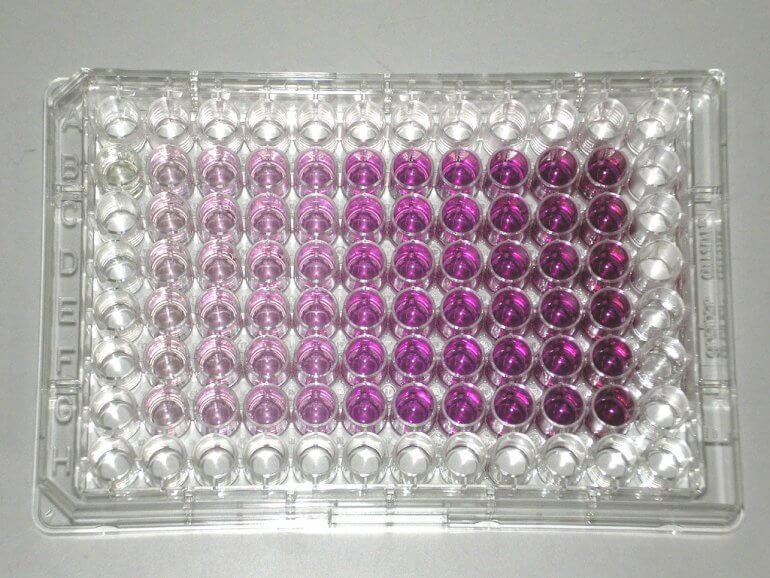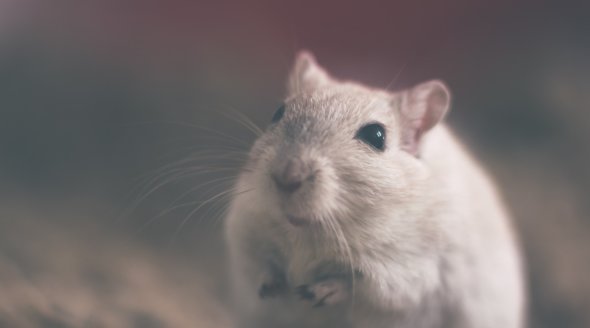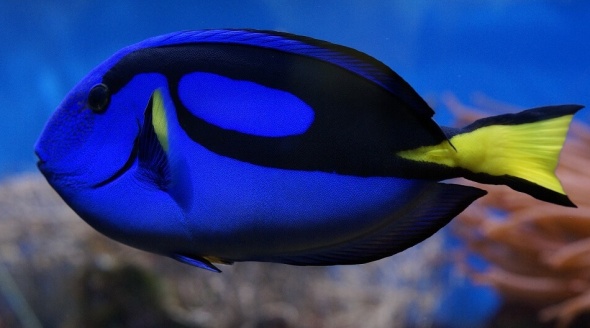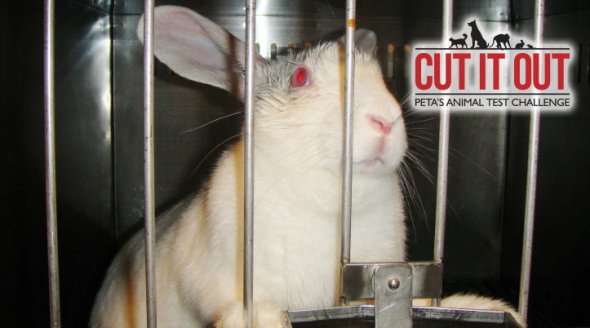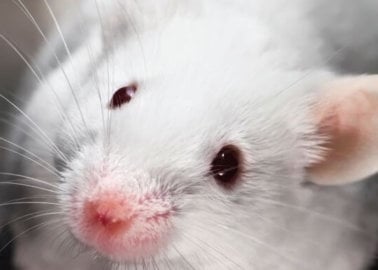Why Are We Using Old, Cruel Techniques?
For the past 30 years, the European Union has been concerned with making sure our food is safe. It even established a new organisation, the European Food Safety Authority (EFSA), to form scientifically informed opinions on everything from which pesticides should be allowed and how bee populations have been affected to whether genetically modified plants are as nutritious as “normal” crops. The PETA International Science Consortium Ltd. attended the recent EFSA Conference 2018 to see what the authority has planned for the future.
The conference was attended by around a thousand people from a variety of backgrounds: including representatives of non-governmental organisations, social scientists, statisticians, chemists, psychologists, and more. EFSA envisioned bringing this diverse group of experts together to collaborate – not only at the conference but also in the future – on developing innovative solutions to some of the biggest questions of our time: how do we attain and maintain food security? How will climate change affect our food systems in Europe and globally? How can we adapt in order to ensure these systems become sustainable? And importantly, are our current toxicity testing strategies the best they can be for ensuring human and environmental health?
Many attending experts advocated for a radically new system. One in which we pursue innovation, moving away from further globalisation of food and towards a more intelligent, locally sourced system with fewer animal-derived foods, pesticides, and processed foods. One in which we move away from antiquated toxicity tests using animals and towards new methods such as computer modelling and in vitro non-animal approaches. Excellent lectures highlighted some of the scientific and ethical issues associated with using animals and emphasised the size and extent of the problem: billions of euros are spent in Europe on toxicity tests in which 600,000 animals are used every year – and millions more animals are used in other types of experiments. Another major concern is that the majority of tests using animals on which regulators currently rely were dreamed up decades ago. In which other walks of scientific life is it acceptable to depend on such archaic techniques?
There are humane, non-animal approaches available to researchers, which are frequently cheaper and more efficient and are improving in quality all the time. We need to urge authorities to capitalise on these methods, increase funding of their development, and commit to a strategy that involves the full replacement of the use of animals in scientific procedures.
Interested in Making This Vision a Reality?
- Sign our petition urging the UK government to commit to ending all experiments on animals:
- Please also sign our petition supporting an EU-wide moratorium on experiments using animals and help animals suffering in laboratories:


